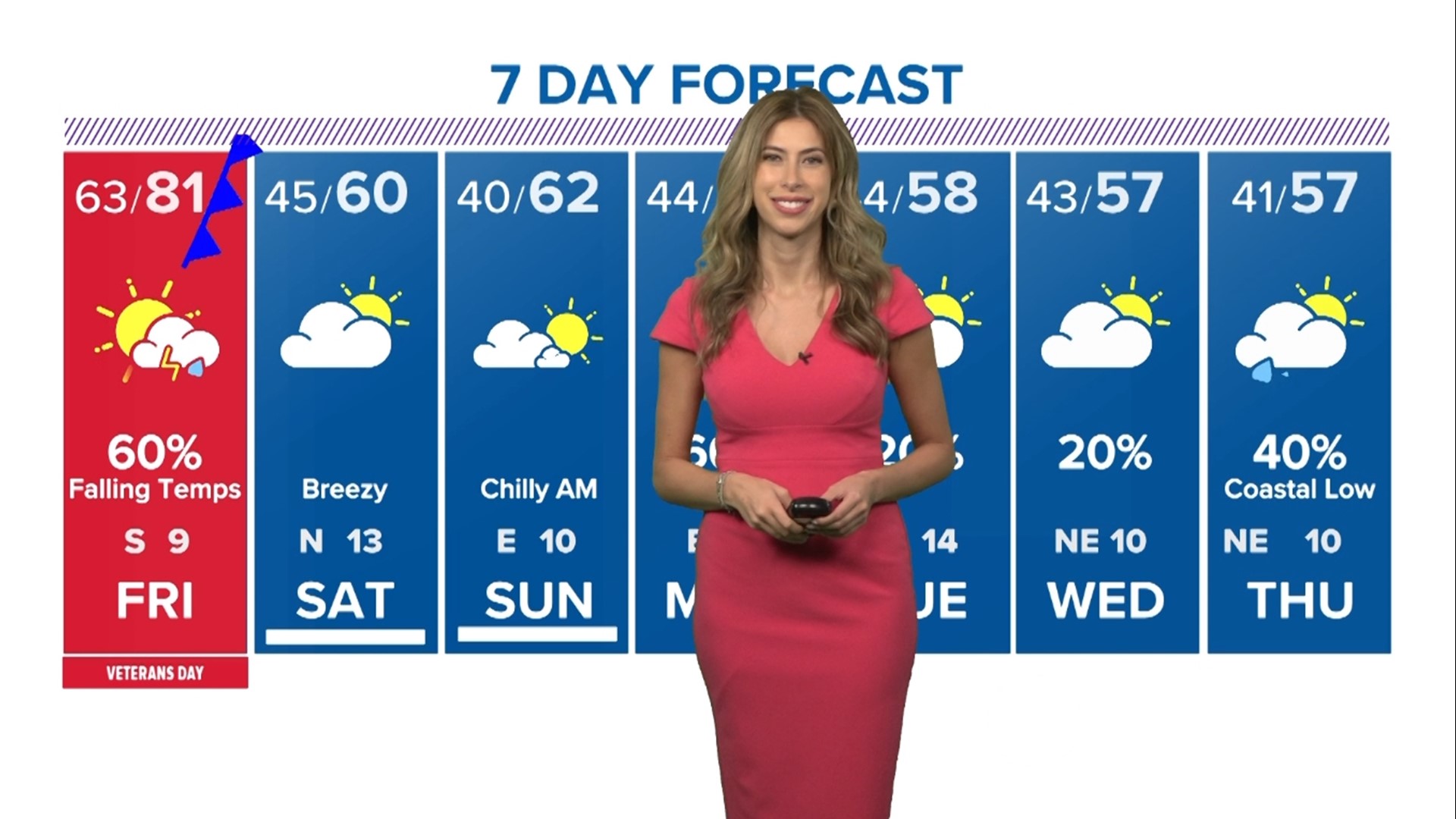HOUSTON — As a cold front makes its way to the Houston area, we want to make sure you stay both warm and safe as the temperatures drop.
Here are some tips from CenterPoint Energy to keep your home safe and warm.
Natural gas safety tips
- Make sure your heating system is working properly. Malfunctioning home heating equipment can cause a fire or carbon monoxide poisoning. Check that outside furnace vents aren’t blocked by snow or ice. Keep your furnace filter clean for safe, efficient operation.
- Use space heaters safely. Use a space heater with an automatic shut-off, and keep children, pets and all items at least three feet away. A space heater that uses gas, propane or wood should be vented to the outside. Stoves and ovens should never be used for space heating. Don't use extension cords. Plug them directly into the wall.
- Check your carbon monoxide (CO) and smoke alarms. These devices are essential to warn you of a fire or dangerous malfunction with a furnace, water heater, fireplace or stove. Test your alarms monthly and change batteries every year.
- Immediately report a suspected gas leak. If you smell the “rotten egg” odor of natural gas, immediately leave on foot, go to a safe location and call both 911 and CenterPoint Energy at 713-659-2111 or 800-752-8036. Don’t use electric switches, phones (including cell phones), drive or start a car, or do anything that could cause a spark.
Money-saving tips
Cold temperatures also mean increased energy usage. CenterPoint Energy recommends the following tips for more efficient heating:
- Set your thermostat no higher than 68 degrees. If possible, set it at 65 degrees when you are home and 60 degrees when you are away from home.
- Lowering your thermostat can help you save on your annual heating costs. Installing a programmable thermostat can help you automatically control your heat usage. Add on extra layers of clothing to keep warm.
- Change your air filters monthly. A dirty filter restricts airflow and can increase the operating cost of your furnace by as much as 10 percent. A good reminder is to change the filter each time you receive your natural gas bill.
- Seal leaks around doors, windows and other openings such as pipes or ducts, with caulk or weather-stripping. The most common places where air escapes in homes are floors, walls, ceilings, ducts, fireplaces, plumbing penetrations, doors, windows, fans, vents and electrical outlets.
- If it has been a while, consider adding more insulation in your attic.
- Run your washing machine, dishwasher and gas dryer only with full loads.
- On sunny days, open draperies and blinds to let the sun’s warmth in. Close them at night to insulate against the cold air outside.

